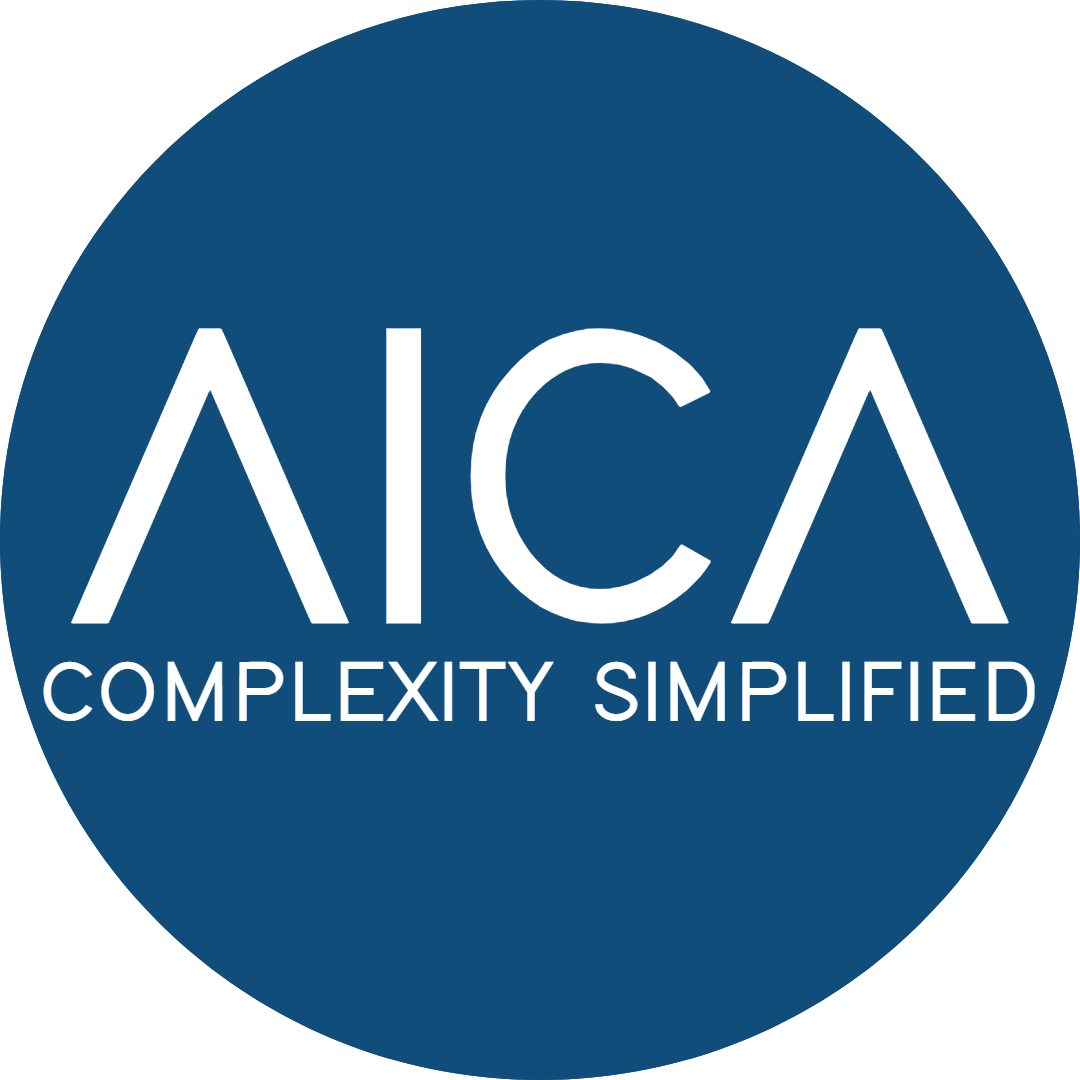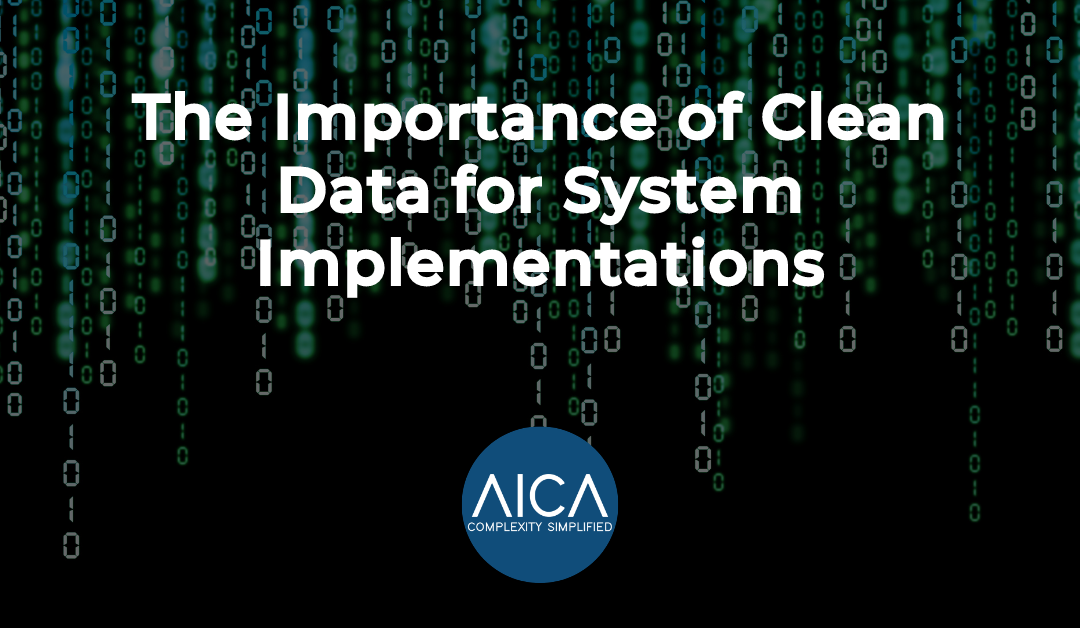There’s no doubt to modern businesses that their product data is indispensable, driving decision-making, operational efficiency, and innovation. This importance is magnified during the implementation of new Product Data Management systems such as SAP, Oracle, or NetSuite.
As organisations transition between PDM systems, they often confront a harsh reality: dirty data is a pervasive issue before implementation, resulting in extensive delays. Through AICA observing many organisations’ datasets, we can see that a significant portion of businesses suffer from inconsistencies, incompleteness, and duplication.
Given these challenges, the necessity of ensuring data cleanliness before implementation cannot be overstated.
The Hidden Costs of Dirty Data
Escalating Costs and Delays
Dirty data incurs substantial costs in terms of time, resources, and remediation efforts. From manual data cleansing to rectifying errors post-implementation, the financial burden of poor data quality can spiral out of control, impeding project timelines and eroding profitability.
Undermining System Performance
Inaccurate, incomplete, or inconsistent data compromises the efficacy of the new PDM system. Suboptimal data quality hampers user adoption, diminishes system reliability, and impedes the realisation of anticipated benefits, casting doubt on the organisation’s investment in technology.
Eroding Stakeholder Confidence
Stakeholders across the organisation rely on accurate and timely information to fulfil their roles effectively. Dirty data erodes confidence in the reliability of data-driven insights, sowing seeds of doubt and scepticism among decision-makers, customers, and partners.
Leveraging AI and ML for Data Cleansing
Recognising the criticality of clean data pre-implementation, AICA utilises Artificial Intelligence and Machine Learning technologies to help automate product data cleansing processes. By narrowly focused algorithms, organisations can achieve unprecedented levels of data quality and integrity, setting the stage for seamless and successful system implementations.
AICA’s Product Data Cleansing Includes:
– Deduplication: Highlighting and removing duplicate entries to maintain data integrity.
– Anomaly Detection: Flagging and addressing data outliers.
– Corrupt Data Detection and Rectification: Ensuring the accuracy and completeness of data.
– Missing Data Detection: Identify data gaps in product data attributes.
– Poor Language Rectification: Improve clarity and searchability of product descriptions.
In conclusion
By prioritising data quality, organisations can unlock the full potential of their PDM ecosystems, driving innovation, agility, and competitive advantage. As the adage goes, “garbage in, garbage out” – investing in clean data yields dividends that resonate far beyond the confines of the implementation project, positioning organisations for sustained growth and resilience in an increasingly data-driven world.
To find out more about AICA’s services and role in ensuring product data integrity – visit our website here.

